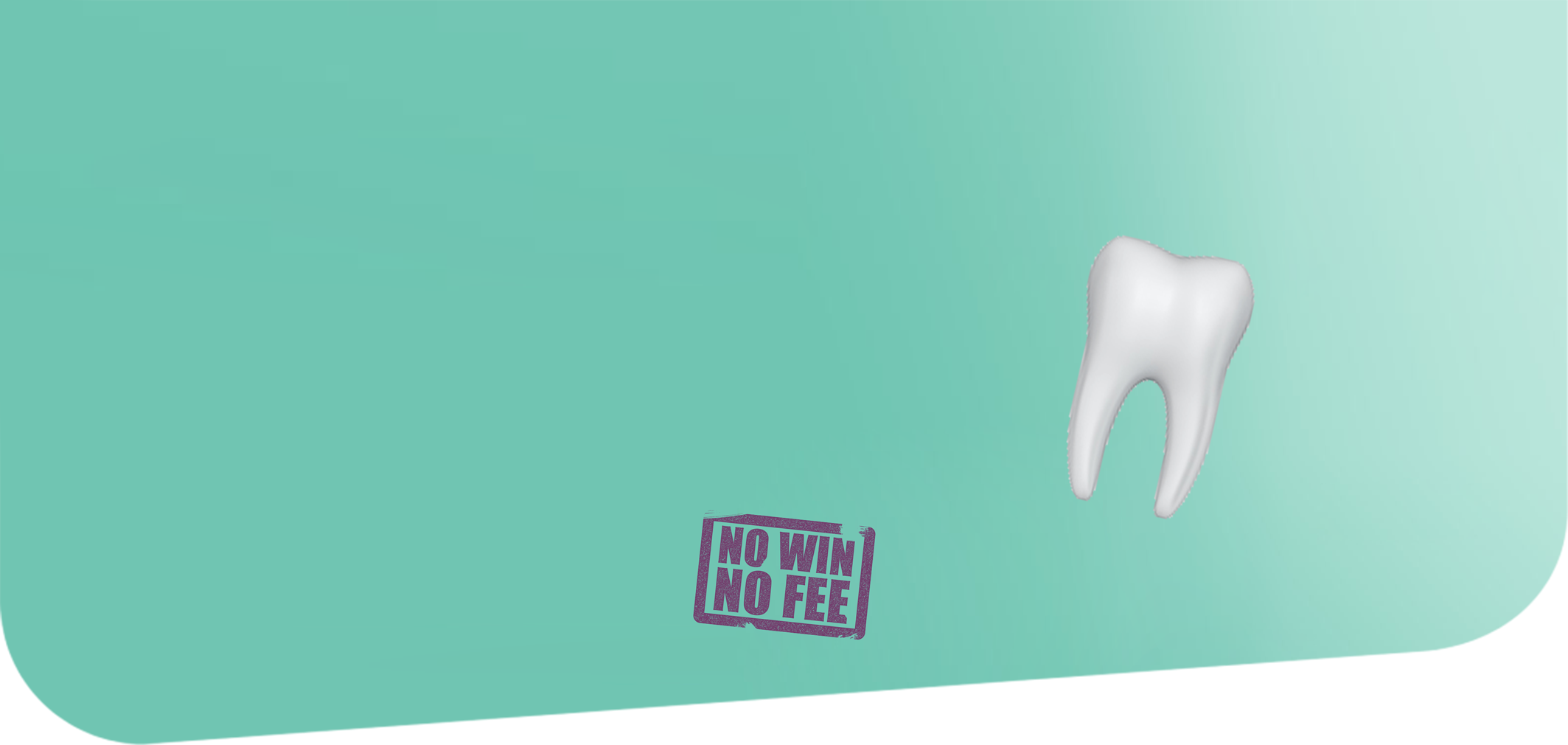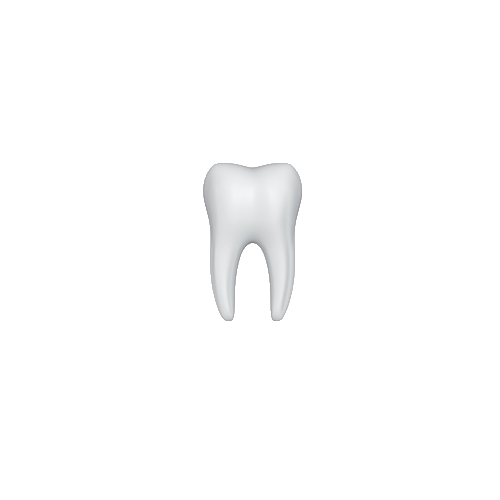This website uses cookies so that we can provide you with the best user experience possible. Cookie information is stored in your browser and performs functions such as recognising you when you return to our website and helping our team to understand which sections of the website you find most interesting and useful.

Dental Negligence Claims
The majority of dentists are very successful in helping their patients to achieve good oral health and ensure that they receive the best treatment possible.
Unfortunately, this is not the case for all and, each year, thousands of people suffer the effects of dental negligence.
Dentists have a duty of care towards patients to ensure that they receive proper treatment, however, if the worst happens when you are undergoing your dental treatment and you end up suffering as a result, you could be entitled to make a claim for compensation. If the standard of care shown by a dental practitioner slips below the acceptable level then you may have a case for compensation.
Dental Negligence and Accidents
There is a whole range of dental accidents that can be classed as medical negligence. These include:
- Missed diagnosis
- Incorrect diagnosis/failure to fully detect an oral disease or malformation
- Careless work/improper utilisation of dental or surgical utensils
- Drug usage error
- Installation of defective dental products
- Personal injury to the oral cavity or surrounding bone and tissue
- Extraction of the wrong tooth or unnecessary extraction
Dental Negligence is a type of medical negligence for which compensation can be claimed when careless or incorrect dental work results in personal injury. It is appropriate to make a dental accident claim either against the dentist who caused the personal injury if the work was done privately, or the NHS if it was publicly funded.
If you feel like you have been let down by a member of the dental profession or you are suffering pain as a result of the treatment that you have received, you could be entitled to make a claim for compensation.
How Much Compensation?
All personal injury cases are unique and so the amount of compensation that is awarded in each case is also unique. Compensation is understood by looking at two specific factors: general damages and special damages.
General Damages
The pain and suffering that your injuries have caused are the main factors that are used to determine how much general damage compensation you are owed. This will usually be determined by undergoing a medical examination, from which a report is created that highlights the length of time the injuries will take to heal as well as their severity. We will arrange the medical examination and reports for you. Our compensation calculator will give you an indication of how much general damage compensation you might be entitled to based upon your injuries.
Special Damages
In addition to receiving compensation for your injuries, you may be able to reclaim any financial losses that you might have suffered as a result of your injuries. Compensation for financial losses is known as special damages compensation. This can include losses such as loss of earnings due to not being able to return to work, the cost of treatment as well as travel to treatment. It is important that you keep any receipts or evidence of additional losses in order for these to be reclaimed.
With the exception of children, there is a three-year time limit on making a personal injury claim. This time limit begins from the date that the accident initially occurred. Therefore, you should contact a personal injury solicitor as soon as possible to assess your case.
Making Personal Injury Claims
If you have been involved in an accident with an uninsured driver, you may be entitled to compensation. First Personal Injury solicitors are available to assist you and ensure that you get the compensation you deserve.
First Personal Injury works with both families and individuals across England and Wales, leading them on their legal journey and helping them claim compensation after an accident or injury.
Free initial Discussion - Call Now!
Get in touch with First Personal Injury on 0800 808 9740 or through our online claim form.


